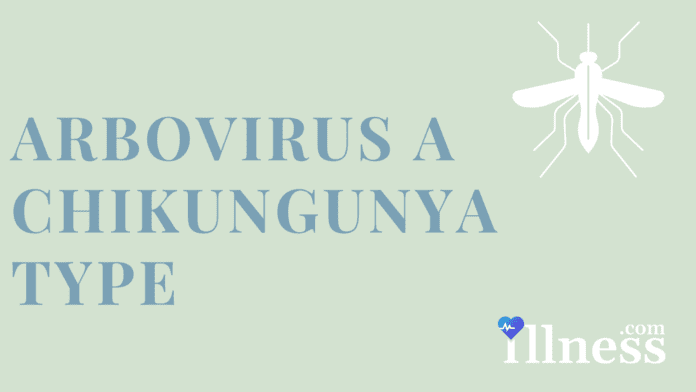Overview
Chikungunya is a virus passed to humans by the bite of infected mosquitoes. Symptoms include fever and severe joint pain. The name chikungunya (pronounced “chik-en-gun-ye”) is an African word meaning “bent over in pain.”
Cause
Mosquitoes spread the virus to humans. Mosquitoes pick up the virus when they feed on infected people. They spread the virus when they bite other people.
The mosquitoes that spread chikungunya are the same type that spread dengue fever, which has similar symptoms. These mosquitoes most often feed on humans during the day.
Symptoms
Symptoms develop 3 to 7 days after being bitten by an infected mosquito. The disease is easily spread. Most people who become infected have symptoms.
The most common symptoms are fever and joint pain. Other symptoms include:
- Headache
- Joint swelling
- Muscle pain
- Nausea
- Rash
Symptoms are similar to the flu and can be severe, but usually not deadly. Most people recover in a week. Some have joint pain for months or longer. The disease can lead to death in frail older adults.
Treatment
There is no treatment for chikungunya. Like the flu virus, it has to run its course. You can take steps to help relieve symptoms:
- Drink plenty of fluids to stay hydrated.
- Get plenty of rest.
- Take ibuprofen (Motrin, Advil), naproxen (Aleve, Naprosyn), or acetaminophen (Tylenol) to relieve pain and fever.
Source
Courtesy of MedlinePlus from the National Library of Medicine



